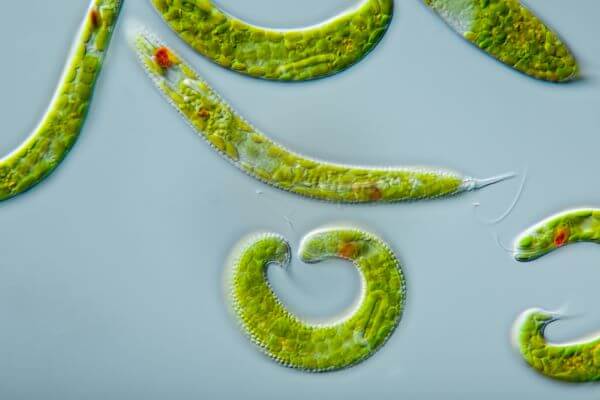Protists are eukaryotic organisms. Kingdom Protista contains all of the eukaryotic organisms that are not plants, animals, or fungi.

Classification of Protists
Kingdom Protista contains a highly diverse group of organisms, with few similarities between them. Protists are classified as animal-like (protozoa), plant-like (algae), or fungi-like (molds) based on characteristics they share with animals, plants, and fungi.
Eukaryotic vs. Prokaryotic Cells
The main difference between eukaryotic and prokaryotic cells is that eukaryotes contain membrane-bound organelles, whereas prokaryotes do not. As eukaryotic organisms, protists contain a nucleus and other membrane-bound organelles such as endoplasmic reticulum and Golgi apparatus. Most protists also contain mitochondria, and some contain chloroplasts for photosynthesis. Many fungi-like and plant-like protists also have a cell wall.
To learn more about the structure of protist cells, click here.
